
The Post Secondary Transition Conversation
We talk about the ins and outs (and everything in between) of the secondary transition process for families of students with disabilities! Hosts Meghan (Smallwood) and Patrick (Cadigan) serve as supportive guides, leading families step-by-step up each rung of the transition ladder.
Also check out our parent website: https://www.postsecondarytransition.com
The Post Secondary Transition Conversation
075. Resource(s): Transition Tools
Hosts Meghan (Smallwood) and Patrick (Cadigan) share a resource page they put together for their Post Secondary Transition website: Transition Tools. A few of the page's highlights cover the ABLE account (a tax-advantaged savings account for disability-related expenses), Comprehensive Transition Program (designed for adults with intellectual disabilities), Digital Portfolios (showcasing student achievement) and more. Join the conversation!
Episode Keywords:
Transition tools, ABLE account, comprehensive transition program, digital portfolios, work programs, supported education model, transition fair, special needs trust, vocational skills, academic learning, practical work experience, collaborative supports, skill building
Links:
Transition Tools (page)
P2Transition Ep. 19 Work Programs (link)
P2Transition Ep. 36 Maria Paiewonsky & ThinkCollege (link)
P2Transition Ep. 38 Amy D'Agati & TerpsEXCEED (link)
P2Transition Ep. 39 Digital Portfolios (link)
To download a copy of a transcript for this episode or any of our previous conversations, click here.
Also visit our Podcast webpage to find links to all of our other discussions; go to www.p2transition.com.
Additional information about post-secondary transition can be found at our website.
The Post-Secondary Transition Podcast Facebook page.
Visit our YouTube Channel to find additional video resources.
Intro/Outro music by AudioCoffee from Pixabay.
Transition music by Joseph McDade from Transistor.
Welcome. This is the Post Secondary Transition podcast where we have conversations around the ins and outs and everything in between of the transition process for families of students with disabilities. I'm one of the hosts. My name is Meghan Smallwood, and I am a public school transition coordinator. And as always, I have my co-host
Patrick Cadigan:My name is Patrick Cadigan. I am also a with me. public school transition coordinator. So we're not quite sure, but for us, this is graduation week, so it has been monumentally busy, not only for us, but the teachers and the families as they are prepping for all of the stuff that needs to get done, but we wanted to take some time to share out one of our own resources and what we have referred to from our website as the transition tools. Now you will find this resource by going to your web browser of choice, you'll type in www.postsecondarytransition.com, and at the top of the screen, you'll be met with our different tabs, right? You have home what's in an IEP, which is still an upcoming set of tabs and stuff, but where to start? Resources, blog, contact, all that stuff. Where you will go for this resource is Where To Start, and that'll give you another drop down menu. And at the very bottom of that drop down menu is Transition Tools, and you'll click on that link. So the Transition Tools was an idea that we came up with, and what we were trying to do was put in one space of things that we are coming across constantly. One of those tools that families need to have in their toolbox is the ABLE account. And we have talked about this before. These are taxed advantaged savings accounts for individuals with disabilities and their families, and these accounts are designed to help save money for disability related expenses. And in this explanation, we talk about some of the key features, including the tax advantages, the eligibility, contribution limits things like that. But what's most important about this part of the page is, is that there are links then to even more information. So at the bottom of this section you'll go into there's a button that talks about Learn More. Click on that, and it'll take you to assume some additional resources. So it can be very valuable as it stands, we've also had a quick discussion about ABLE accounts when we talked about in episode 70, ABLE accounts versus special needs trust. So if you're looking for some more specific information, you can also head over to that discussion episode 70. It will also be linked in the show notes. The next part, it talks about the Comprehensive Transition Program. Now, as a refresher, this essentially goes back, and this actually covers several different conversations that we have had in the past, specifically ThinkCollege. And then that went on to link again, to our discussion with the TerpsEXCEED team. All of that is predicated around this notion of the comprehensive transition program. It's a specialized secondary education program designed for adults with intellectual disabilities, and these programs tend to offer inclusive and supportive environments where the students can go to continue their education. In some cases, you'll they have opportunities to gain vocational skills, but one of the big key points is also developing independence. So again, in this, in this Tools section for us, we talk about some of the key features and the critical role that it will play. So it's really good to go in and give yourself an overview of what this what this platform is. Along those lines, one of the other things that we talked about, and again, this goes back to a previous conversation that we've had. We talk about digital portfolios. Now, digital portfolios are an online collection of students, work, achievements, experiences, and it very simply, it is a visual for who your student is and what they are capable of doing, we highlight three tools that we have used in the past. These tools are ones that so many people are familiar with, PowerPoint, Google Slides, or even Apple Keynote. Again, we have had this conversation before. This takes a. Back to Episode 39 where we call cover digital portfolios. This is a good place to start. Give you an overview of what they are and and then will lead you to even more information. Then we also talk about work programs. This is going to be very general information, each area, each place, is going to have its own unique school based program, and there's probably a lot of variety. So our recommendation is to always reach out to your child, special educator, school based administration, and they should be able to ideally, one would hope that they'll point you in the direction that you need to go. But these programs are typically designed to build in academic learning and practical work experience, both non diploma and diploma Bound students should have these opportunities available to them, so it's definitely worth exploring, especially as you're getting into the later high school years. We also there is a link to an episode that we did, Episode 19, where, again, Meghan and I cover the school based work programs as we understand them in our area. But again, preface that by saying that you know each area is going to be unique. Each area is going to have its own focus. But for these work programs, they can cover internships, job shadowing, opportunities, career and technical education programs, employer partnerships, in some cases, and even additional academic credit. So definitely worth looking into. One other thing that we cover quickly is the Supported Education Model, which this is focusing primarily towards post secondary education, cover it really kind of talks about or really goes into personalized supports, accommodations and services to address the unique needs of students who are looking to access that opportunity. So there's some general information about planning, collaborative supports, skill building, and again, we're working towards as always. So much of our stuff is ongoing, always under development. And if you can think of any additional supports or any resources that you think would be valuable to us, please throw them our way. We love it. One other thing that we talk about is the where we cover is the Transition Fair. This is a resource that school systems make available to parents, to so many of the families that we know get their start with transition from these fairs they have, they cover resources, information services. This is the place to go, and you're going to run into so many things. So we always encourage anyone, as they are prepping for or thinking about that transition process to to go to a transition fair. It is invaluable. In fact, in our area, we just found out now that, you know, Meghan is running the whole thing. They're really working towards planning these things out. They've already nailed down a date for our next one, which will be at the beginning of next school year, in October. Again, different school systems do different things. So of course, you know, I'm not sure how far out these are planned in other places, but it is worth asking the question and finding out. Transition fairs are definitely, definitely great places to start. So again, it's been it's going to be a crazy, crazy week for us. So we just wanted to have a really quick conversation. The Transition tools page can be a useful resource to family as they are beginning this process. So we just wanted to share it out.
Meghan Smallwood:As always, you'll find links to the information from our conversations in our show notes. We would love for the information from this and all our other discussions to reach as many families as possible, and we need your help to do that. You can find our conversations at www, dot P, twotransition.com, like, follow, share out the podcast. Our conversations are posted to all the major platforms, including Apple podcasts, Spotify, YouTube music, and that's just naming a few. So please share. Share often. Please also check out our YouTube channel. Now that we've done some of the leg work for you by curating videos of topics that revolve around transition, we have playlists for guardianship alternatives to guardianship ABLE accounts, and there's more to come. So please be sure to subscribe there as well. And then finally, check out our website, which is full of information and links to resources around the transition process. So open your web browser of choice and surf to www.postsecondarytransition.com and we thank you so much for the time you spent with us, and look forward to talking again soon.
Podcasts we love
Check out these other fine podcasts recommended by us, not an algorithm.
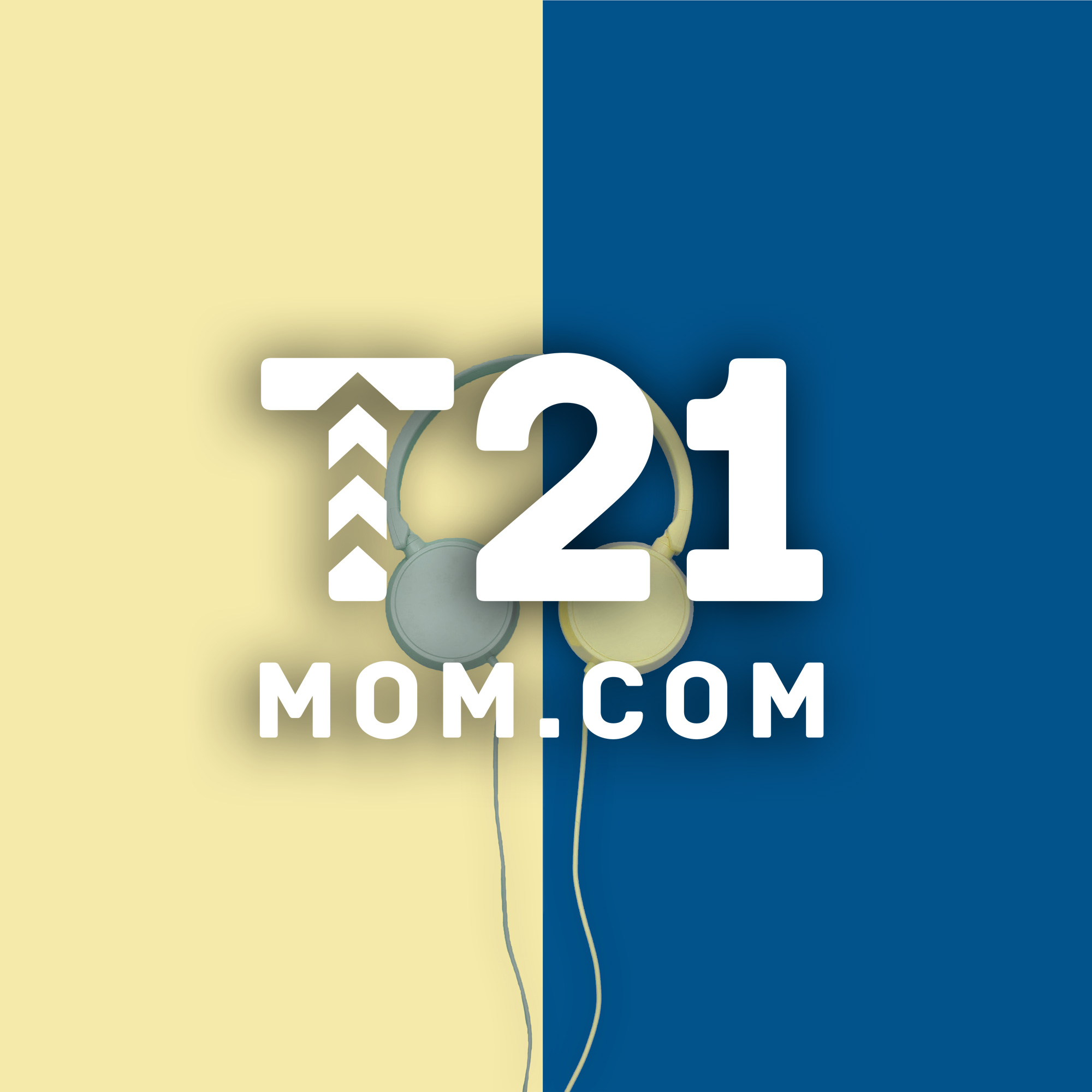
T21Mom-A Down Syndrome Podcast
T21Mom.com
The Collaborative IEP
Ashley Barlow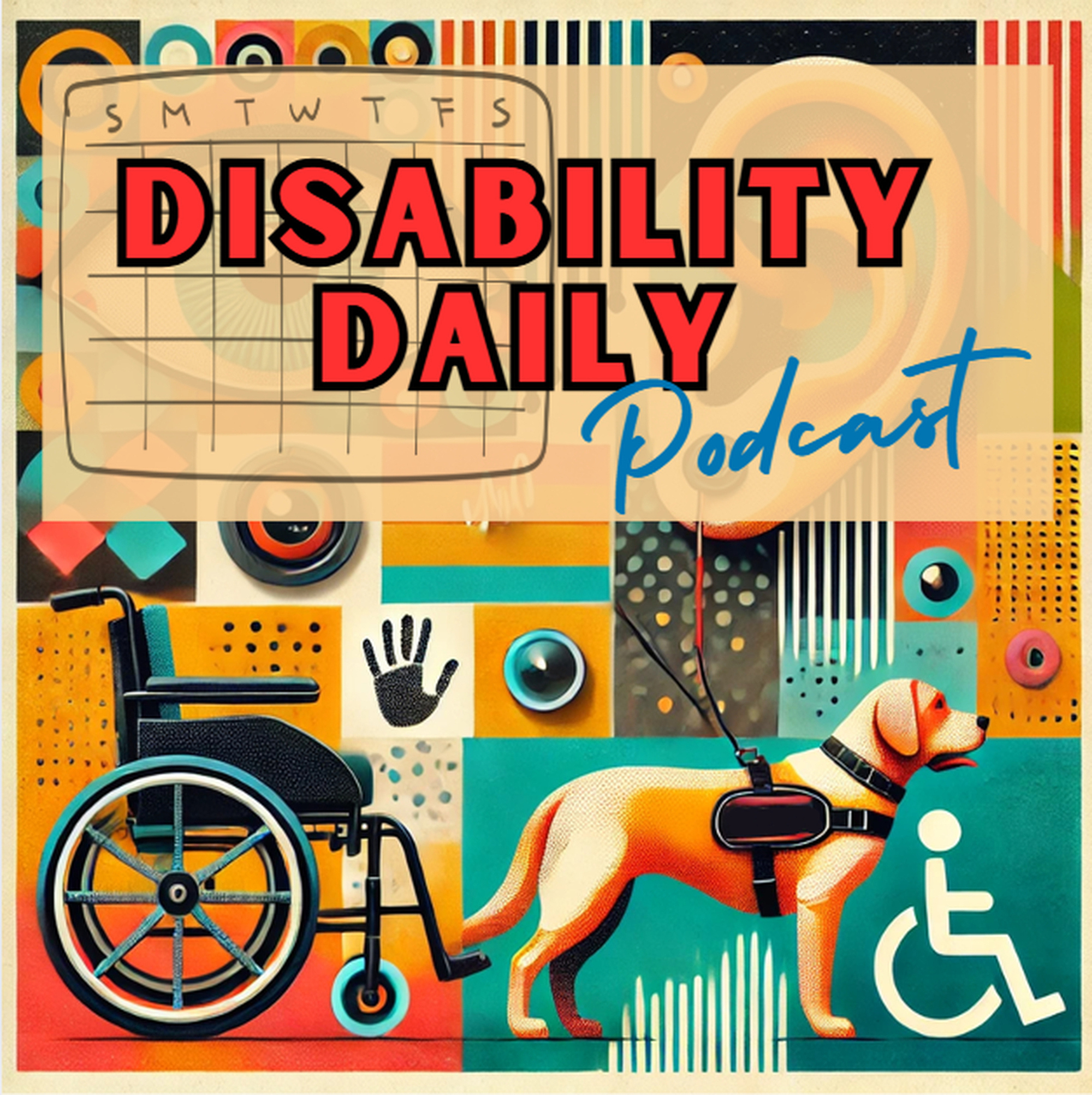
Disability Daily Podcast
Katie Healey, PhD, CPACC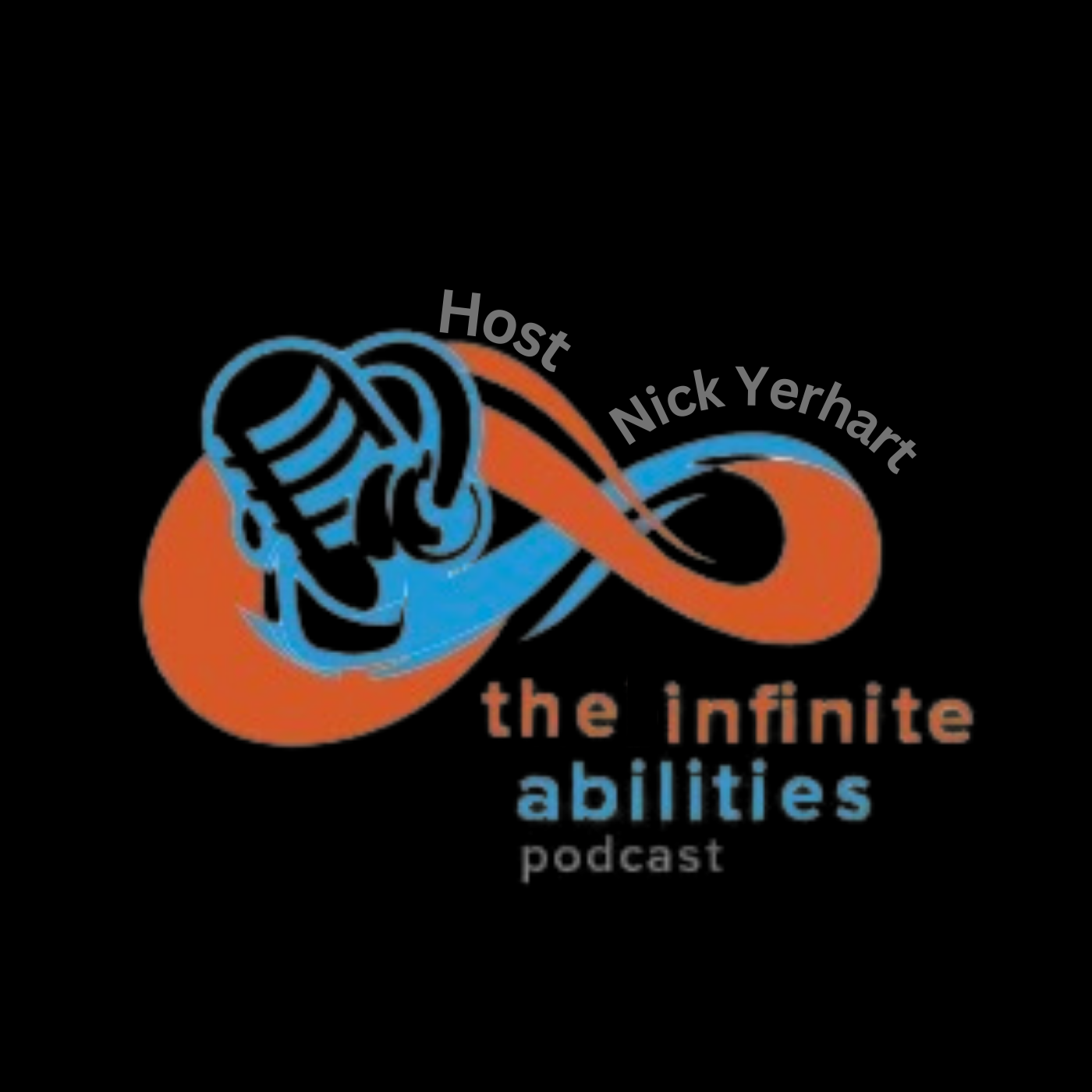
The Infinite Abilities Podcast
Nick Yerhart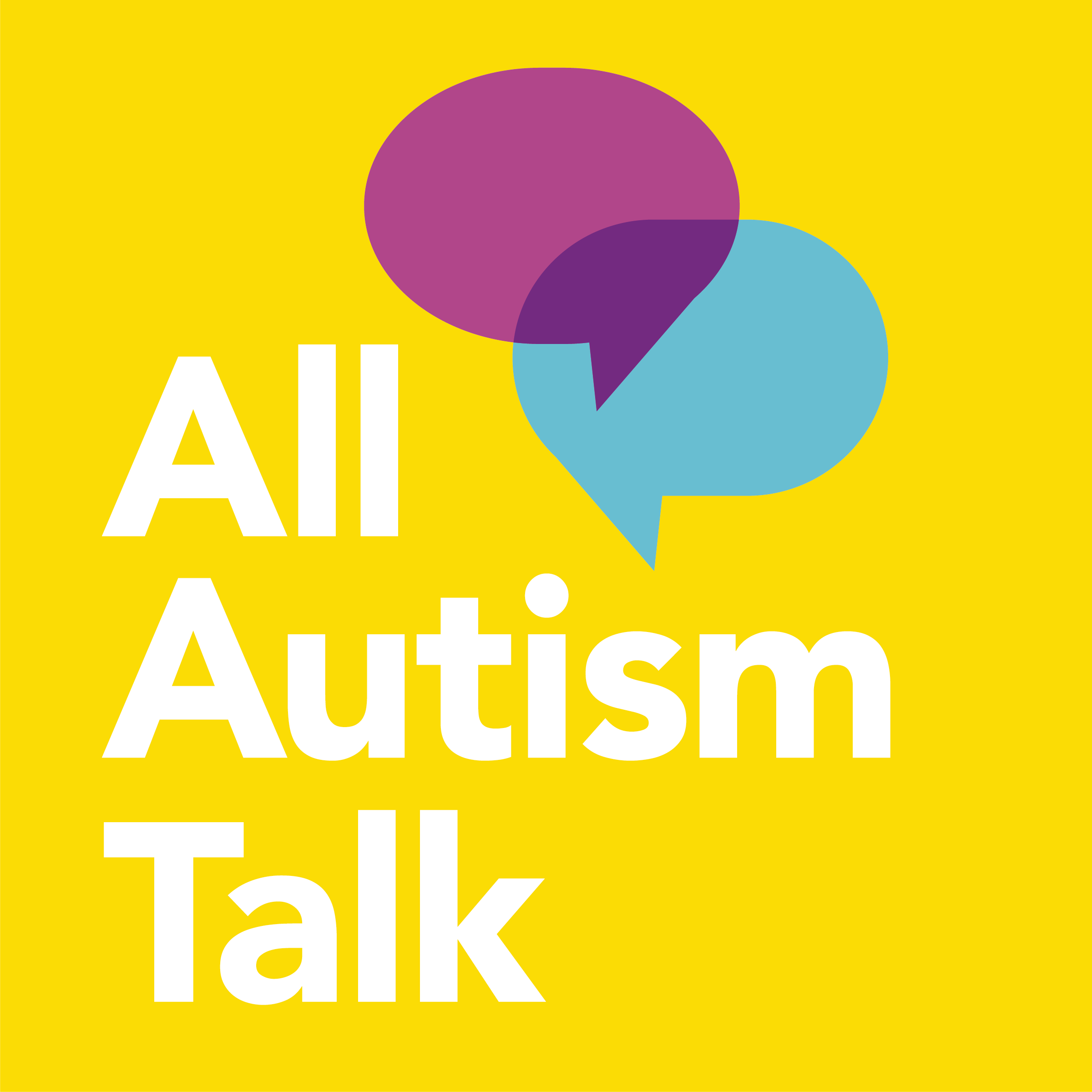
All Autism Talk
All Autism Talk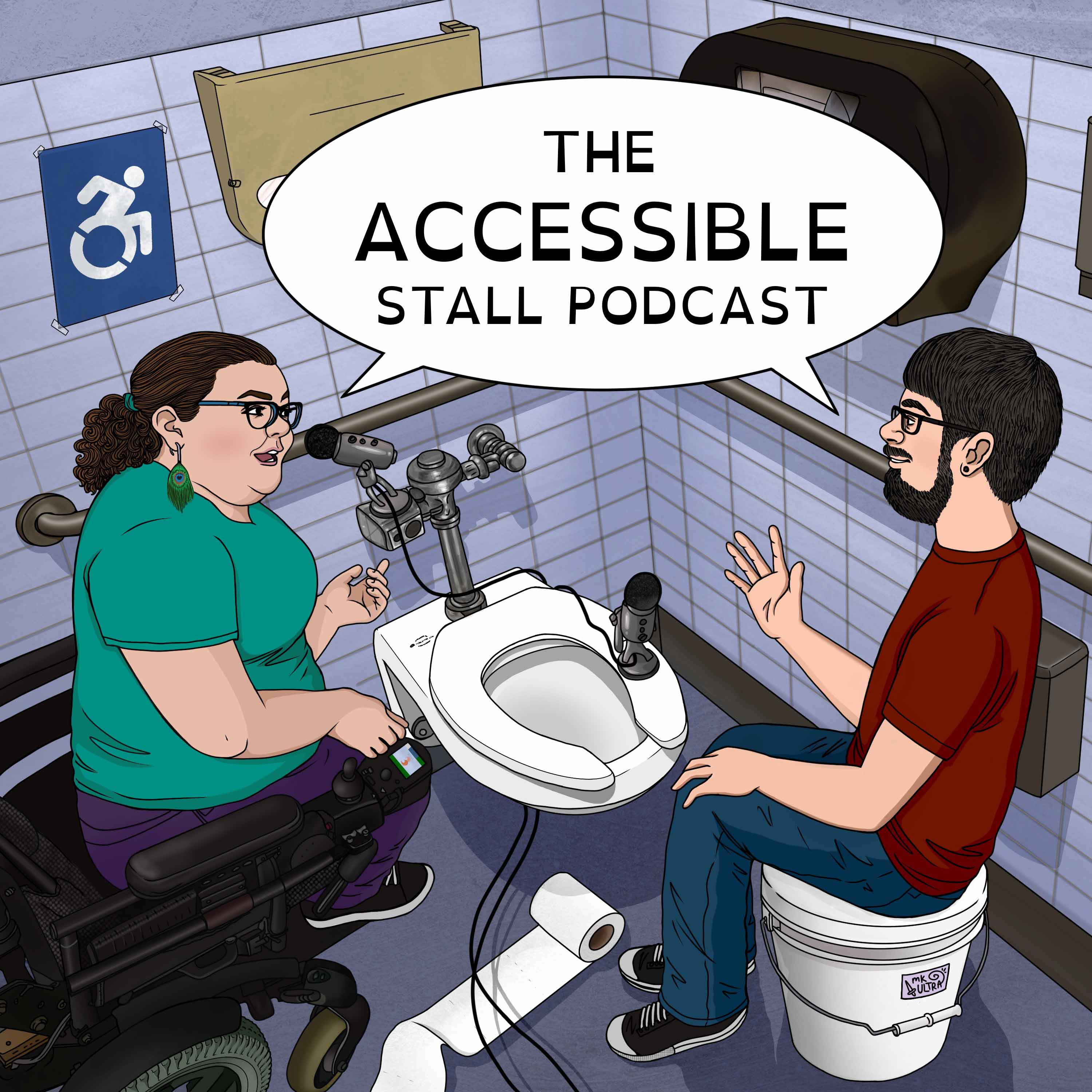
The Accessible Stall
Kyle Khachadurian and Emily Ladau
Disability Deep Dive
Disability Rights Florida
STAY Tuned: Supporting Transition-Age Youth with mental health conditions
STAY Tuned at Transitions to Adulthood Center for Research
Moms Talk Autism Podcast
Shannon Korza, Brittney Crabtree, Tash Dillmon, and Jean Mayer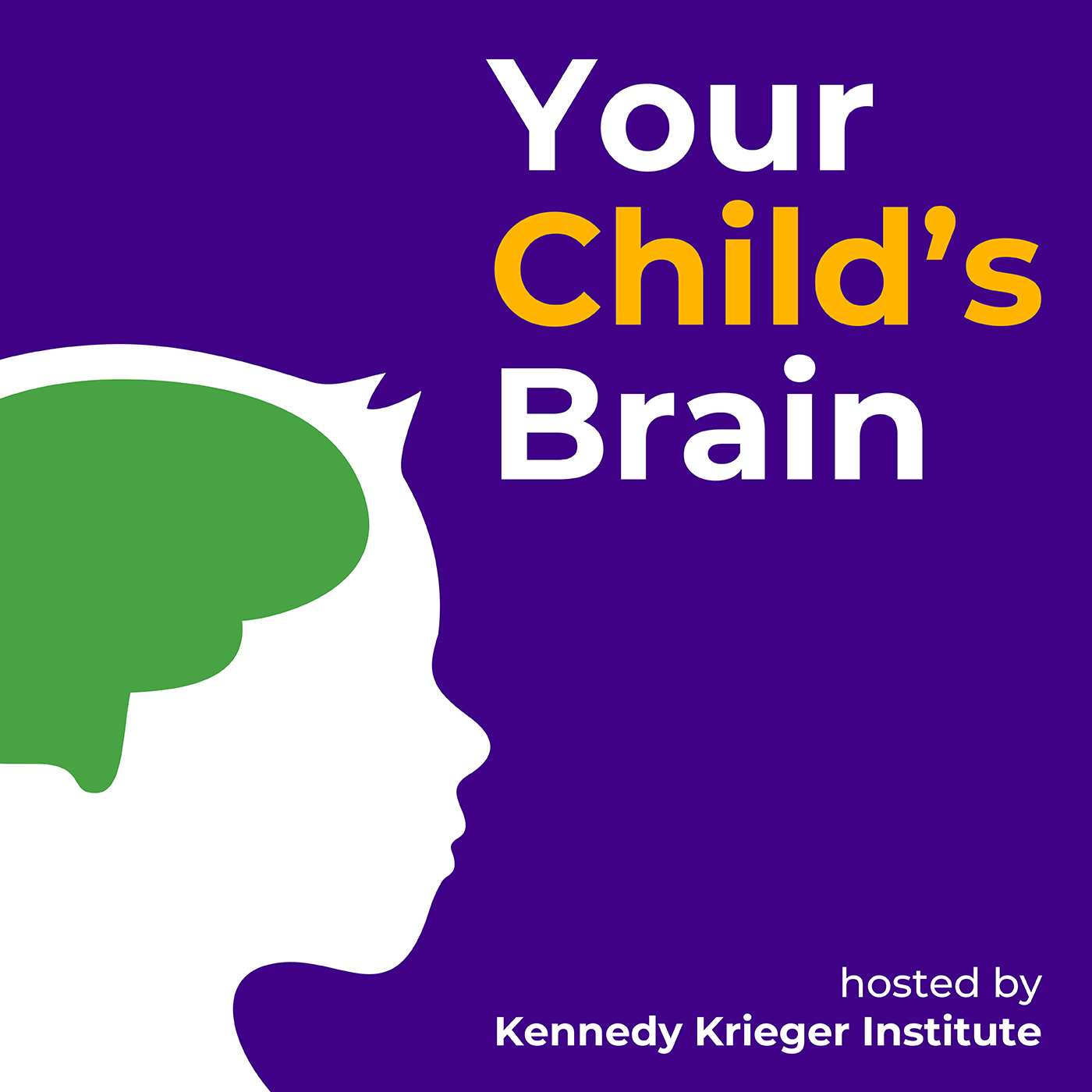
Your Child's Brain
WYPR Baltimore


